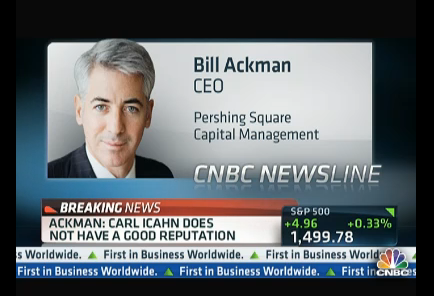In a few short days I leave town for a two-week vacation (interesting timing I know, but it has been planned for months and therefore not market-related) but before I leave these volatile markets behind for some refreshing time away I think a few comments are in order. As I write this the Dow is down 400 points to below 11,500 and the S&P 500 index has now dropped 11% from its 2011 high. In the days of computer-driven trading stock market moves are more pronounced and happen faster than ever before, so it is important to keep things in perspective.
First, given everything that has happened in Europe this year, coupled with our own ugly debt ceiling political debate in Washington DC, it is completely reasonable to have a stock market correction. I would even go a step further and say it was a bit odd that the market held up so well prior to last week's debt ceiling dealings. Historically the U.S. stock market has corrected (by 10% or more) about once per year. The last one we had was a 17% drop in 2010 during the initial Greece debt woes. That we have another one now in 2011 is not only predictable based on history, but especially when we factor in everything going on lately financially, economically, and politically. Let's keep the market swoon of the last week or two in context.
From an economic standpoint, investors need to realize we really are in a new paradigm. The U.S. economy was goosed up by debt, both at the consumer level (credit bubble) and at the government level (tax cuts along with increased spending). As a result, we have to see both groups de-lever their balance sheets. Consumers are reducing debt and saving more, and many don't have jobs. The government is now beginning to cut back as well. Consumer spending represents 70% of U.S. GDP and government spending, at $3.6 trillion per year, makes up another 25%. Corporations are the only bright spot in today's landscape, with record earnings and stellar balance sheets, but their spending is only the remaining 5% of GDP. With both consumers and government agencies cutting back, a slowing economy and lackluster job growth are all but assured.
So are we headed back into a late 2008, early 2009 situation for both the economy and financial markets? While anything is possible, we probably should not make such an assumption. A slowing economy (say, 1-2% GDP growth) is far better than what we had at the depths of the financial crisis with 700,000 jobs being lost per month, negative GDP of several percentage points, and runs on the country's largest banks. The 2008-2009 time period did not reflect a normal recession (which would last 6-9 months and be relatively mild). It was far worse this time and those events typically only happen once per generation, not once every few years.
The best case scenario short term is that the markets calm down and we meander along with 1-2% growth. Not good, but not horrific either. Could we slip back into a garden-variety recession due to government cutbacks, 9% unemployment, and a deteriorating economy in Europe? Sure, but that would likely result in a more typical 20% stock market decline over several quarters, not a 50-60% drubbing. And keep in mind we are already down 11% in a few short trading sessions.
What does this mean for the stock market longer term? Well, believe it or not, there are reasons for optimism once investors calm down and we really get a sense of what we are dealing with. With slow economic growth interest rates are going to stay near all-time lows. Buyers of government bonds today are accepting 2.5% per year in interest for a 10-year bond. Savings accounts pay 1% if you are lucky. The S&P 500 stock index pays a 2% dividend and many stocks pay 3% or more. Given the financial backdrop for U.S. corporations relative to the U.S. government, which do you think is a better investment; lending the government money for 10 years at 2.5% or buying McDonalds stock and collecting a 2.9% annual dividend? Investment capital will find its way to the best opportunities and even with slow growth along with the possibility of a double-dip recession, U.S. stocks will look attractive relative to other asset classes.
As a result, I think there are reasons to believe the current market correction is going to wind up being much more normal than the 2008-2009 period. With interest rates and government finances where they are, equity prices can easily justify a 12-14 P/E ratio. Maybe stock market players before the last week or two were just hoping we could escape all of this unscathed, despite the fact that market history shows that is rarely the case. In any event, while I am looking forward to spending some time away from the markets, I am not overly concerned about this week's market action, especially in the context of global events lately. My hope is that by the time I return markets have calmed down and we can revisit how to play the upcoming 2012 presidential election cycle, even though that thought alone makes me want to take far more than two weeks off. :)



